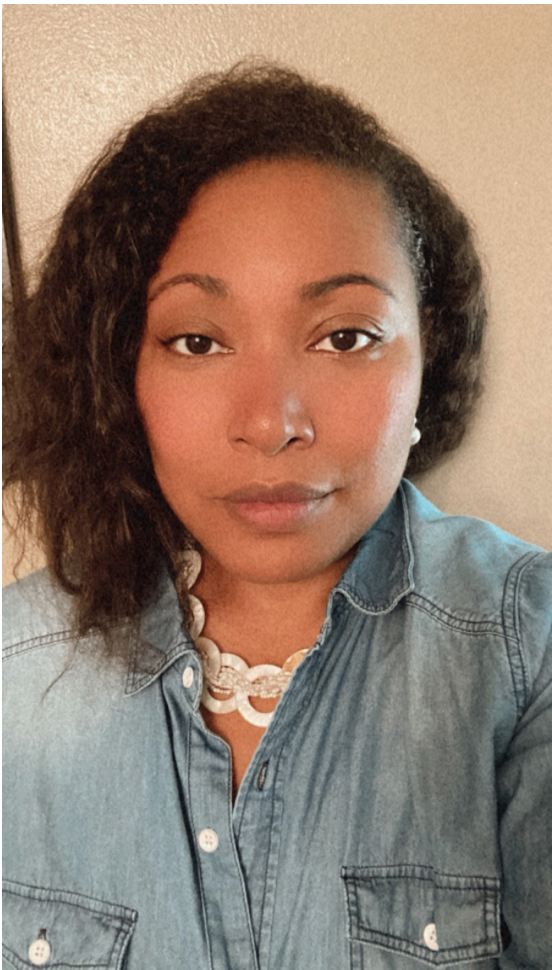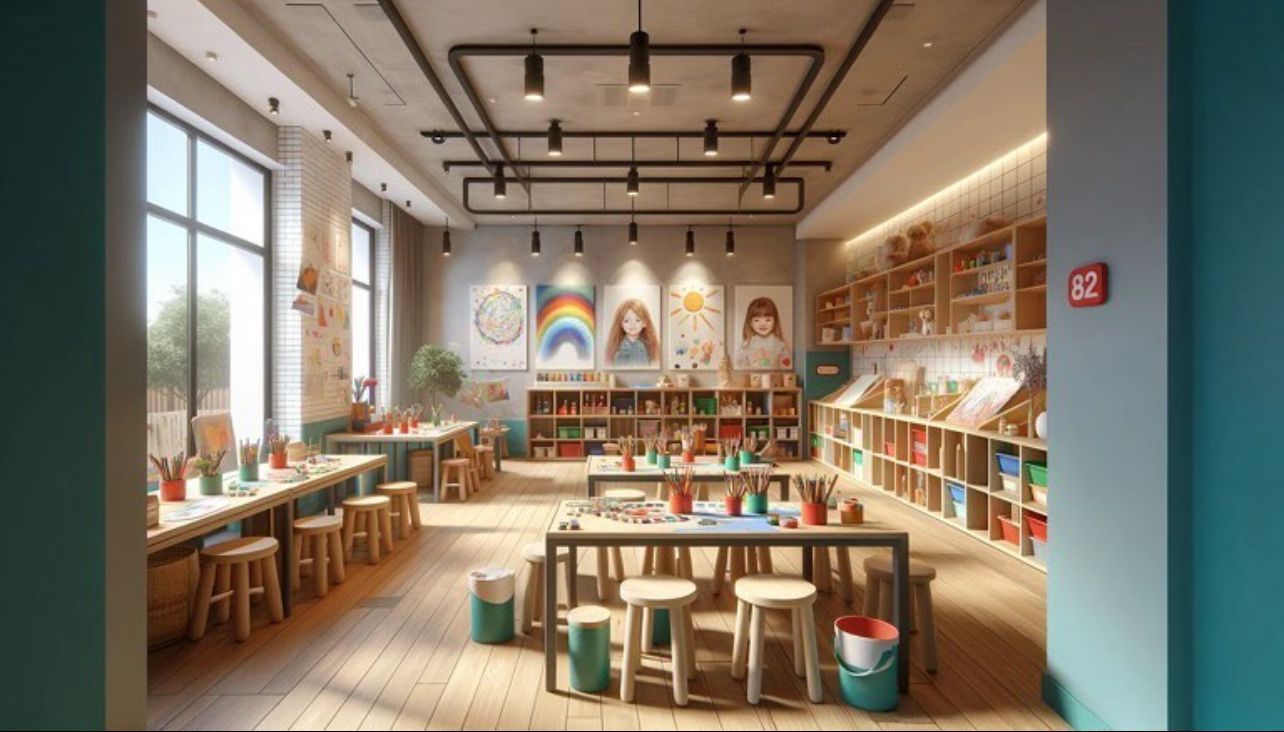By MINDgarden
•
February 2, 2024
The moment a child receives a mental health diagnosis can be earth-shattering for parents. A whirlwind of emotions – fear, guilt, sadness, and uncertainty – can consume even the strongest of souls. Yet, amidst the chaos, lies an opportunity for growth, healing, and unwavering love. Accepting a child's mental health condition is a journey, one that demands patience, resilience, and an open heart. In those initial moments after the diagnosis, it's natural to feel overwhelmed, even paralyzed by the weight of it all. Questions race through the mind: "What does this mean for their future?" "How will this impact our family?" "Where do we go from here?" These doubts and worries are valid, reflecting the depth of a parent's love and concern for their child's well-being. However, it's crucial to remember that a diagnosis is not a life sentence; it's a starting point, a road map that can guide families towards a better understanding and the resources they need to support their child's unique needs. Embracing the diagnosis, though challenging, can open doors to a world of support, empowerment, and hope. The path forward may seem daunting, but parents need not walk it alone. Organizations like NAMI and Mental Health America offer a wealth of educational materials, support groups, and guidance to help families navigate this new terrain. By connecting with others who have walked a similar path, parents can find solace, wisdom, and a sense of community that can be invaluable in the healing process. As parents embark on this journey, it's essential to practice self-compassion. Feelings of guilt, anger, and even denial are natural reactions, but they do not define the unwavering love that exists between parent and child. Seeking professional support, whether through therapy or counseling, can provide a safe space to process these emotions and develop healthy coping mechanisms. Ultimately, coming to terms with a child's mental health diagnosis is a testament to the strength of the family bond. It's an opportunity to redefine what it means to be a parent, to embrace vulnerability and growth, and to create an environment where a child can thrive despite their challenges. With time, patience, and the right support systems in place, families can emerge from this journey more resilient, more empowered, and more deeply connected than ever before.














